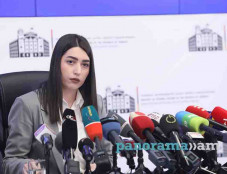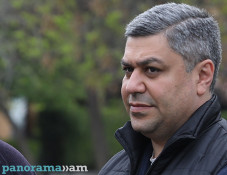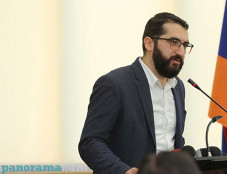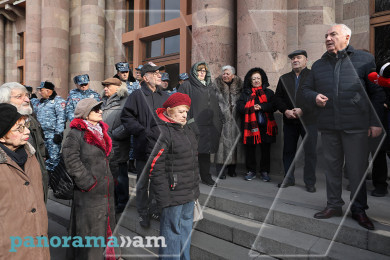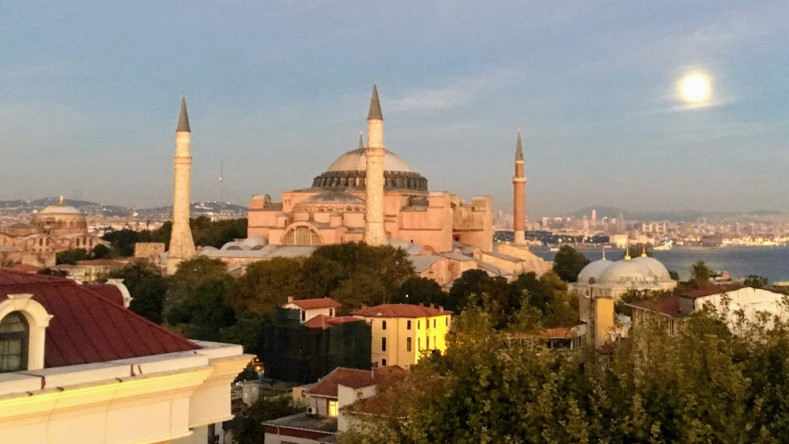
USCIRF documented severe violations of religious freedoms in Turkey
The United States Commission on International Religious Freedom (USCIRF) insisted in its annual report that Turkey should be added to a State Department special watch list over severe violations of religious freedoms, Ahval news outlet reported.
"In 2019, religious freedom conditions in Turkey remained worrisome, with the perpetuation of restrictive and intrusive governmental policies on religious practice and a marked increase in incidents of vandalism and societal violence against religious minorities," USCIRF said in its 2020 report released on Tuesday.
The commission cited the Turkish government's interference in the internal affairs of religious communities by preventing the election of board members for non-Muslim foundations and introduction of new limitations on the long-delayed election of the Armenian Apostolic Church’s patriarch.
It is noted, that the government had prevented the Armenian community from electing a new patriarch. The Spiritual Council of the Armenian Apostolic Church elected an interim leader in 2017 since the existing patriarch had not been fulfilling his leadership duties since 2008 due to dementia, but the government declared the election void saying that the result might cause disturbance and divisions in society.
Following the patriarch's death, the Turkish Interior Ministry introduced a new regulation which included a stipulation that effectively ruled out 10 out of the 13 possible candidates.
Armenian, Assyrian, and Greek religious and cultural sites, including numerous cemeteries, faced severe damage or destruction due to the government's neglect, but also vandalism encouraged by governmental rhetoric, USCIRF said.
The disputes around turning former holy sites that hold legal status as a museum, including former Greek Orthodox sites Hagia Sophia and the Chora Museum, were also mentioned in the report.
Turkish President Recep Tayyip Erdoğan has repeatedly signalled over the years that Hagia Sophia should be restored as a mosque to fulfil a long-standing demand by Turkish Islamists.
The Hagia Sofia was completed in 537 C.E. and served as the seat of the Ecumenical Patriarch of Constantinople until 1453 when the Ottomans captured the city and turned the Hagia Sofia into a mosque. It was turned into a museum in 1935.
Newsfeed
Videos






